Boba Milk Tea: Nutrition Facts, Benefits, Side Effects, And Preparation Tips
We explain the reasons that make this delicious beverage good for your health.
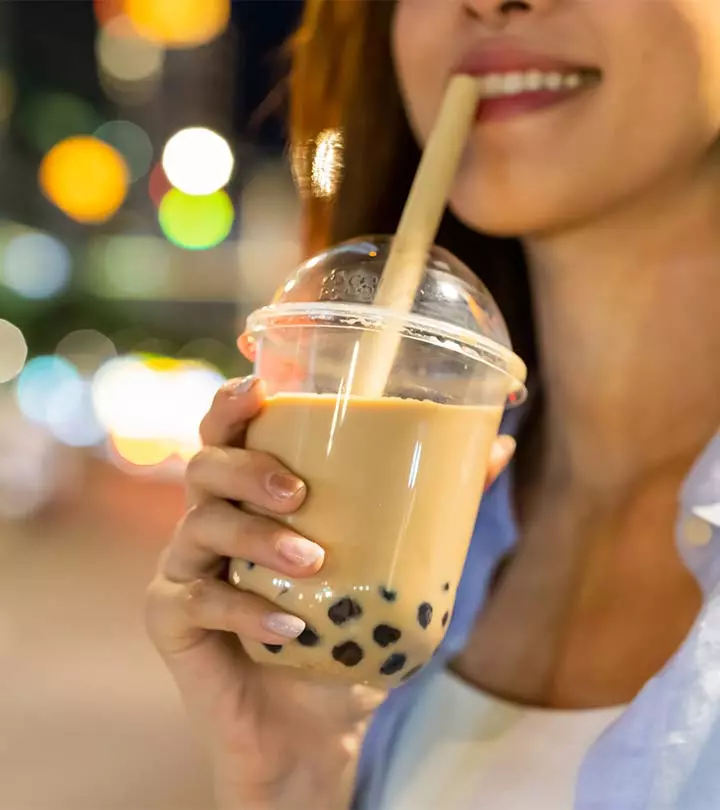
Image: iStock
Boba milk tea or bubble tea is made from small circular tapioca beads. This beverage is more prevalent in Asian countries like Singapore, Thailand, and Korea, where people consume it as a part of their subculture. The benefits of boba milk tea can be attributed to its antioxidants. The tea is available in many flavors and tastes. You will also see tapioca balls at the bottom of your tea. This article explores the health benefits of boba milk tea, its nutrition, varieties, possible risks, and preparation tips. Keep reading.
 Know Your Ingredient: Boba Milk Tea
Know Your Ingredient: Boba Milk TeaWhat Is It?
Boba milk tea or bubble tea is made from small rotund tapioca beads, milk, tea, and sugar. It is also available in many flavors and colors.
What Are Its Benefits?
It helps with calcium deficiency and increases sugar and calorie intake.
Who Can Use It?
Anyone except those who are lactose-intolerant or allergic to soy or nuts.
How Often?
It should be consumed occasionally as a dessert or in moderation.
Caution
Excessive sugar intake may harm your overall health.
In This Article
Boba Milk Tea Nutrition Facts
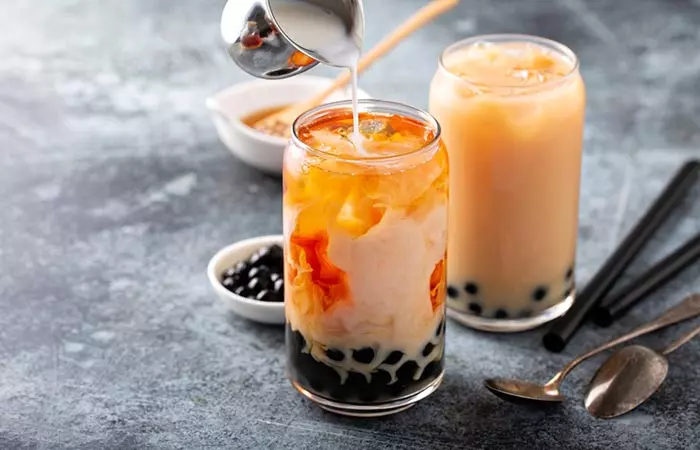
A 16oz cup or 500ml makes for one serving of boba milk tea. According to the USDA, a 16oz cup of boba milk tea contains the following (1):
- Calories: 240
- Total fat: 3g
- Cholesterol: 0mg
- Total carbs: 56g
- Sugar: 40g
- Dietary fiber: 0g
- Sodium: 38.4mg
- Iron: 0g
- Vitamin C: 0g
- Calcium: 250mg
As seen above, boba nutrition benefits are few. It is laden with sugar and calories, and the calcium is from the added milk, which can be had as it is without the additional sugar.
 Did You Know?
Did You Know?Let’s still see if this sugary, caffeine beverage has any possible health benefits.
Key Takeaways
- Boba milk tea is a beverage loaded with sugar and calories and has only a few health benefits.
- The tapioca pearls in boba milk may help add more calcium to your saliva and decrease the levels of C-reactive proteins.
- However, people who are intolerant to high amounts of starch should avoid boba milk tea.
Health Benefits Of Boba Milk Tea
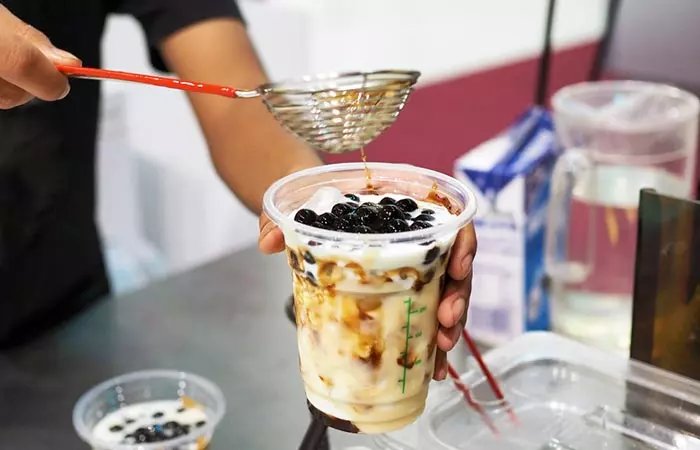
When you have a serving of boba tea, you can expect to get the benefits of tea, milk, and tapioca. However, only a few things can justify gulping down a glass of boba milk tea.
- Antioxidants From The Tea
Since boba milk tea is made with milk and tea as its key ingredients, you can hope to gain some of the health benefits of the antioxidative polyphenols in the tea.
The polyphenols and antioxidants content is based on the tea variety you opt for— black tea, green tea, etc. This may boost your immunity and energy. But again, all these are not pronounced enough and get easily outdone by the high sugar content of this beverage. You should instead go for a regular blend of your favorite tea to reap the corresponding benefits.
Made from cassava, boba beads are, as such, gluten-free, dairy-free, and vegan. Boba tea made with almond milk and soy milk can be suitable for a vegan diet. Still, you must be mindful of the milk used in the particular milk tea you order if you are on a vegan diet.
- Calcium From The Milk
Calcium is vital for the formation and maintenance of bone and plays an important role in blood vessel relaxation, muscle contraction, and nerve physiology as well (2). A deficiency of calcium can lead to osteoporosis and many other associated health complications. Milk is an important source of dietary calcium (3). One serving of boba milk tea provides you with 250g of calcium, i.e 25% of your daily dietary allowance (1). That is a good amount to help you meet your calcium requirements along with a calcium-enriched, balanced diet.
- Improves Salivary Components
Drinking bubble tea can help improve the quality of your saliva. One of the benefits of tapioca peals is its high calcium content. Chewing on them has been shown to add more calcium to your saliva. It also helps decrease the levels of C-reactive proteins indicative of inflammation (4).
Let’s explore the different names and variations you can possibly find of this pearl-lined beverage.
Varieties Of Boba/Other Common Names For Boba Tea
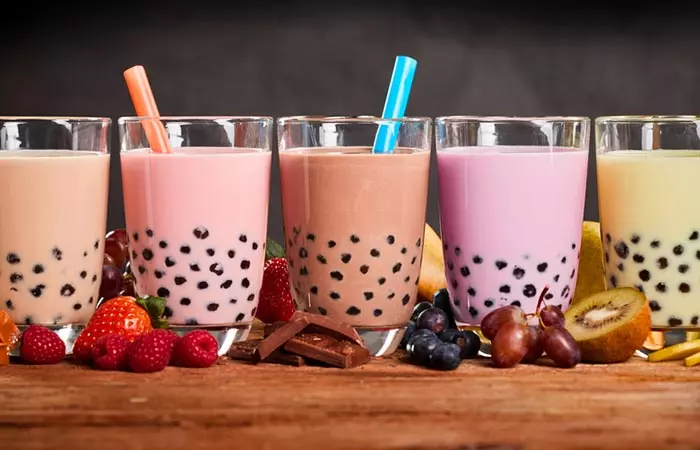
Boba tea is also known as bubble tea, pearl milk tea, tapioca tea, boba milk tea, and boba juice ball drink, pearl shake.
Boba tea is usually made up of 4 basic ingredients— the starchy tapioca pearls, the milk, the tea leaves, and the sugar/sweetener syrup. Based on the tea variety and the type of fruit syrup added, it can have other variations to its name.
It is usually served cold with a wide straw to suck up the tapioca pearls along with the drink.
You can explore a wide range of exciting flavors beyond the classic black or milk tea base, such as.
- Fruit-flavored boba teas are a popular choice, from refreshing citrus ones to tropical delights.
- Coffee boba tea, a perfect pick-me-up, combines the rich flavor of coffee with the chewy texture of boba pearls.
- A healthier alternative, matcha boba tea offers the antioxidant benefits of green tea with the fun of boba pearls.
In addition to flavor variations, you can customize your boba tea with various toppings:
- Pudding: Creamy and indulgent, pudding adds a luxurious touch to your boba tea.
- Jellies: Chewy and colorful, jellies come in a variety of flavors and textures.
- Popping Boba: These boba pearls burst with juicy flavor when you bite into them.
 Did You Know?
Did You Know?Negative Health Impacts Of Boba
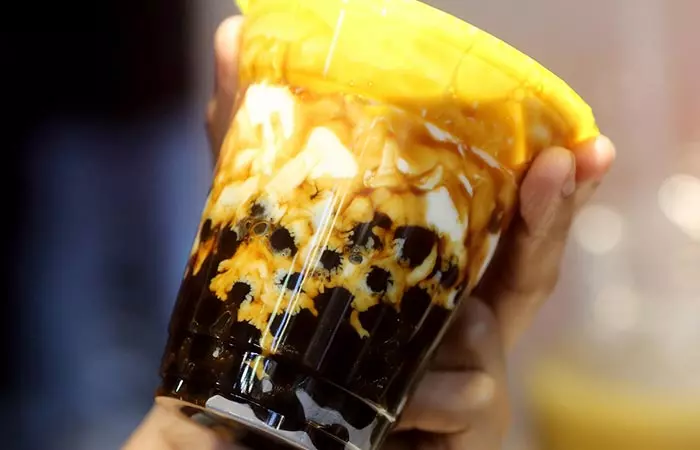
Boba fills us with empty calories and sugars without providing us with any significant nutrition. It is basically a sugar-rich drink to be had occasionally as a dessert since an excess of it would only do more harm than good.
- High In Sugar
Boba milk teas are sugar-dense beverages. A single serving of boba tea contains at least 40 grams of sugar, or possibly even more based on the variation you opt for. Most of the sugar is from the added sweetener, fruit syrups, and flavorings. The tapioca pearls are also most often soaked in a sugary solution before being added to the sugar-laden boba tea. This exceeds the recommended limit of added sugar intake and is potentially harmful to your health overall (5).
- Food Allergies
In case you are lactose-intolerant or allergic to soy or nuts, you should avoid having boba milk tea.
The boba or tapioca pearls are made from cassava, a starchy root vegetable primarily grown in Thailand and Nigeria. Though tapioca allergy is not commonly heard of, few people might be still intolerant to the high amount of starch content. Also, improper or unhygienic preparation like inadequate soaking, cooking, or fermenting of the cassava root might lead to possible complications and disturbances in digestion. Some people allergic to latex might be allergic to cassava as well (6).
Some tapioca flours might also contain preservatives and added sulfite, so you might need to avoid boba tea if you are sulfite intolerant.
Make Boba Milk Tea At Home
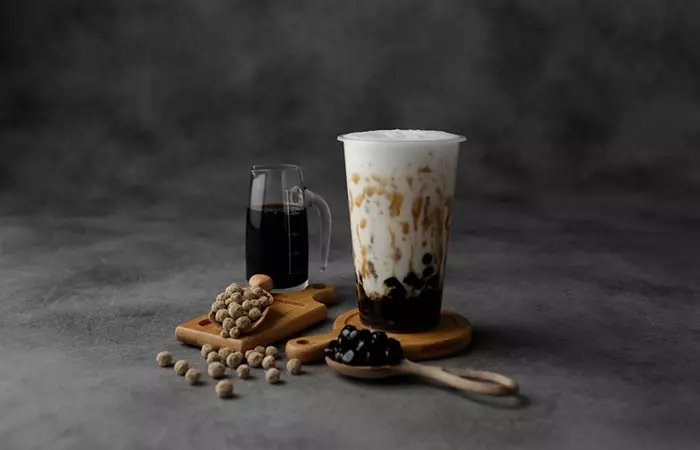
When you buy bubble tea from a cafe, you can’t control what goes into your boba tea. Making Boba tea at home can’t take away all the sugar and calories but can at least help reduce the amount considerably.
- Make it with skimmed milk and a strong brew of your favorite tea.
- Add a dash of honey in place of all the artificial fruit syrups and sweeteners.
- Avoid the cream or any flavor top-ups.
Recipes And Preparation Tips
The small tapioca beads come dried and packed in large bags. These are prepared by soaking, boiling, and draining them. It is when cooked that they take on a sift, slippery texture and are then added to the varieties of boba tea. These are chewy in texture and have some sweetness of their own. They are further spiked with sugar concentrates or fruit syrups to enhance the sweetness of the drink.
In other “popping” versions, the boba pearls come packaged in watery solutions as ready-to-eat tiny sacs filled with sugar syrups or fruit juices. These burst out the juicy sweetness on chewing and add the corresponding flavor to the tea.
There are DIY boba tea kits available for both varieties. The bursting or popping variety can come in different fruit flavors of mango, strawberry, passionfruit, kiwi, etc. There are many videos available online to walk you through the process of making boba tea at home. While you can control the amount of sugar that goes in, you still can’t get away without the starch, high carbohydrate, and low-nutrient calories of the boba pearls.
Making a classic boba milk tea would require the below basic ingredients:
- Tea
- Tapioca balls
- Milk or non-dairy beverages like soy, coconut, or almond milk.
Plant-based milk is a popular dairy alternative. In a 2020 YouGov survey involving 2,603 adults in the United States, almond milk emerged as the second most preferred option (15%) to add to teas, coffees, and smoothies following dairy milk (62%). Other favored choices included soy milk (4%) and oat milk (2%). - Plenty of sugar concentrate, fruit syrups, or other sweeteners.
The simplest, least calorie-dense variety of boba tea you can make is with a strong brew of green or black tea, honey, and tapioca balls. You can also have the boba beads in cold coffee, milkshakes, or smoothies.
Here is a simple boba tea recipe you can follow.
Brown Sugar Boba Milk Tea
Ingredients
- 1/2 cup of black tapioca pearls (boba)
- 3 cups of water
- 3/4 cup of brown sugar
- 2 black tea bags
- 2 cups of milk
- Ice cubes
How To Prepare
- Boil the tapioca pearls in 2 cups of water for about 15 minutes or until they float.
- Remove the pearls from the water and mix them with ½ cup of brown sugar. Let them sit for 15 more minutes. Rinse them off with cold water.
- Steep the black tea bags in a cup of hot water for 5 minutes, then let them cool.
- Add 1/4 cup of brown sugar to the milk and stir until well-mixed.
- Place the pearls in a glass, add ice, pour in the milk tea, and top with black tea.
- Stir and enjoy your brown sugar boba milk tea!
Megha, a blogger, shared her experience of drinking bubble tea for the first time. She writes, “I clearly remember thinking about how marvelous it was. During a holiday to Taiwan (the undisputed bubble tea capital of the world) with my husband, I lost count of how many cups of bubble tea I greedily slurped (i).” The blogger even shared her recipe for making bubble tea at home using black tea bags, tapioca granules, milk, and granulated sugar.
Infographic: Benefits And Risks Of Boba Milk Tea
Boba milk tea is a delicious and exotic beverage gaining a lot of popularity these days. You might know it by the names bubble tea, pearl milk tea, or tapioca tea. However, if you were wondering what goes into it and what effect it has on your body, look no further. Check out the infographic below for benefits and risks associated with the consumption of boba milk tea.

Illustration: StyleCraze Design Team
Bubble tea, also known as pearl milk tea or boba tea, is made from tapioca balls. This sweet beverage is rich in calories, carbs, minerals, and antioxidants. These nutrients are responsible for the many benefits of bubble tea. The intake of this tea may improve salivary components. It also plays a key role in relaxing the blood vessels and aiding muscle contraction. You can prepare bubble tea easily at home. While this sugar-rich drink may be good for refreshment and hydration but it may not be too great for overall health and wellness. It may also cause allergies. Hence, drink it in moderation to reap its maximum health benefits.
Frequently Asked Questions
Does boba milk tea make you fat?
The high sugar in boba milk tea, along with its high calories, may make you fat (1).
How often should you drink boba milk?
One to two cups of boba milk tea a day is generally considered safe. Excess consumption may lead to several side effects.
Can I drink boba milk after a workout?
If you drink boba milk later than 30 minutes after your workout, your body won’t use the sugar (and it will be turned into fat).
Does boba milk increase cholesterol?
Bubble milk contains trans fats, which raise bad cholesterol levels in the blood. However, there is limited data available to prove this.
Is it okay to drink boba milk once a week?
Yes. It is okay to drink boba milk twice or thrice a week. But if you want to drink it daily, limit its intake to 1-2 cups. If consumed in excess, it may trigger constipation.
Illustration: Boba Milk Tea: Nutrition Facts Benefits Varieties And Preparation Tips
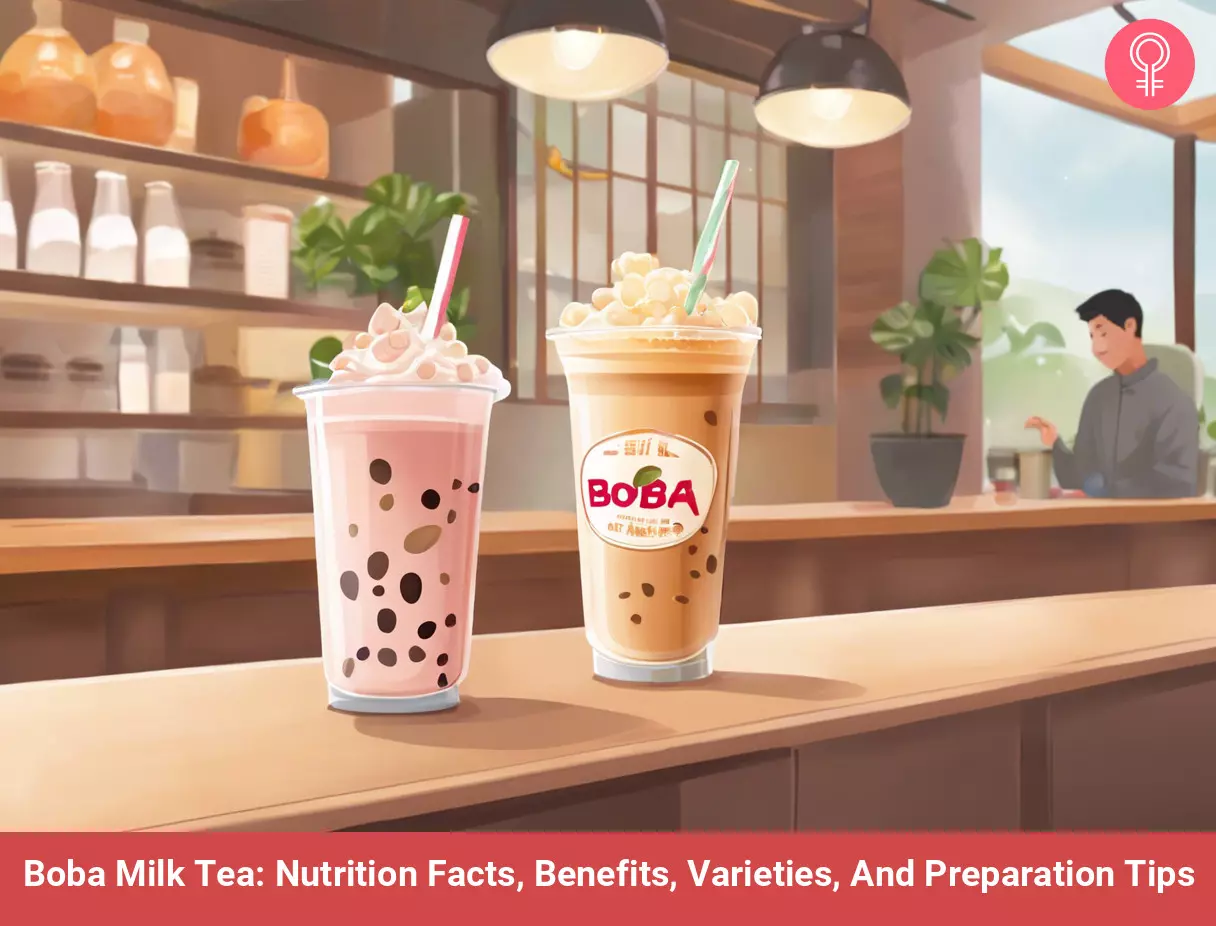
Image: Stable Diffusion/StyleCraze Design Team
Learn how to make three delicious and healthy bubble tea recipes in just 15 minutes. Watch this video for easy instructions and enjoy guilt-free boba milk tea.
Personal Experience: Source
StyleCraze's articles are interwoven with authentic personal narratives that provide depth and resonance to our content. Below are the sources of the personal accounts referenced in this article.
i. Recipe of the month: Bubble Teahttps://meinblogland.blogspot.com/2021/03/recipe-of-month-bubble-tea.html
References
Articles on StyleCraze are backed by verified information from peer-reviewed and academic research papers, reputed organizations, research institutions, and medical associations to ensure accuracy and relevance. Read our editorial policy to learn more.
- BOBA, BUBBLE TEA, GREEN TEA, LYCHEE BOBAS
https://fdc.nal.usda.gov/fdc-app.html#/food-details/431202/nutrients - Dietary Calcium
https://www.ncbi.nlm.nih.gov/books/NBK549792/ - Calcium in Dairy Products
https://www.journalofdairyscience.org/article/S0022-0302(87)80305-3/pdf - Quality improvement of saliva by chewing tapioca pearls in bubble tea drinks: a randomized experimental trial
https://f1000research.com/articles/10-56/v1 - Calories and sugars in boba milk tea: Implications for obesity risk in Asian Pacific Islanders
https://www.researchgate.net/publication/299494793_Calories_and_sugars_in_boba_milk_tea_Implications_for_obesity_risk_in_Asian_Pacific_Islanders - Allergy to cassava: a new allergenic food with cross-reactivity to latex
https://pubmed.ncbi.nlm.nih.gov/18088025/ - Coca-Cola Life Can, 12 fl oz
https://fdc.nal.usda.gov/fdc-app.html#/food-details/771674/nutrients
Read full bio of Dr. Pallavi Srivastava
Read full bio of Varsha Patnaik
Read full bio of Ravi Teja Tadimalla
Read full bio of Payal Karnik







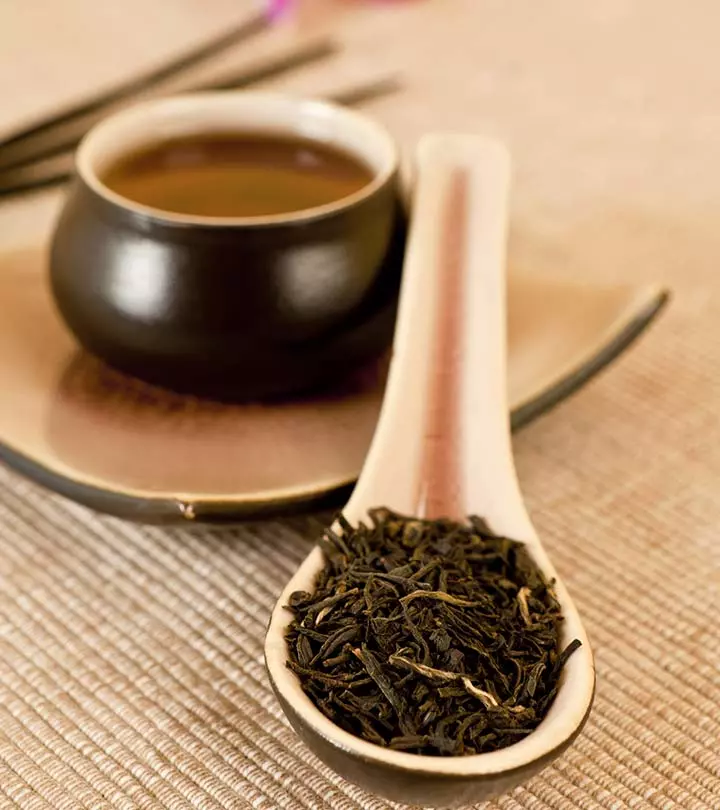
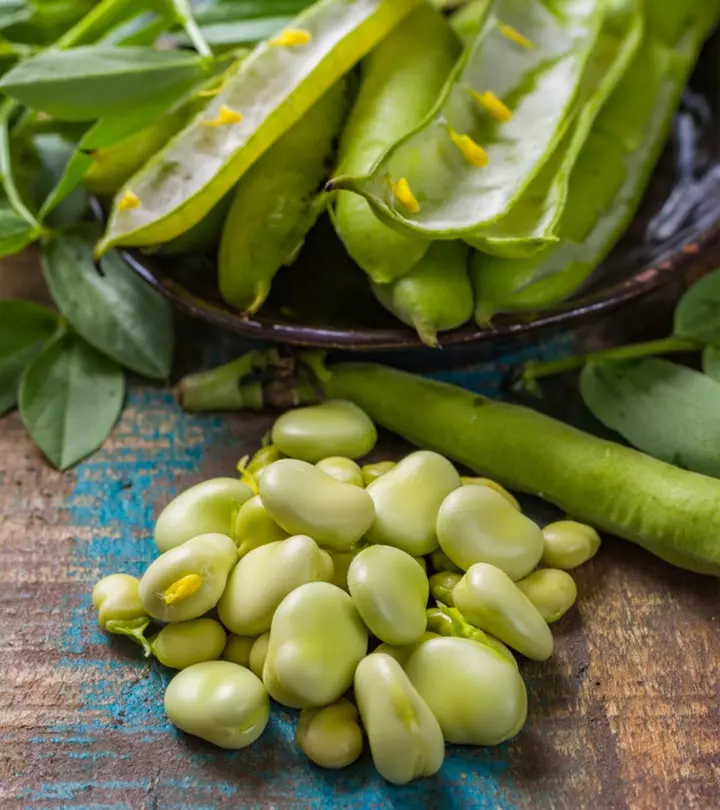
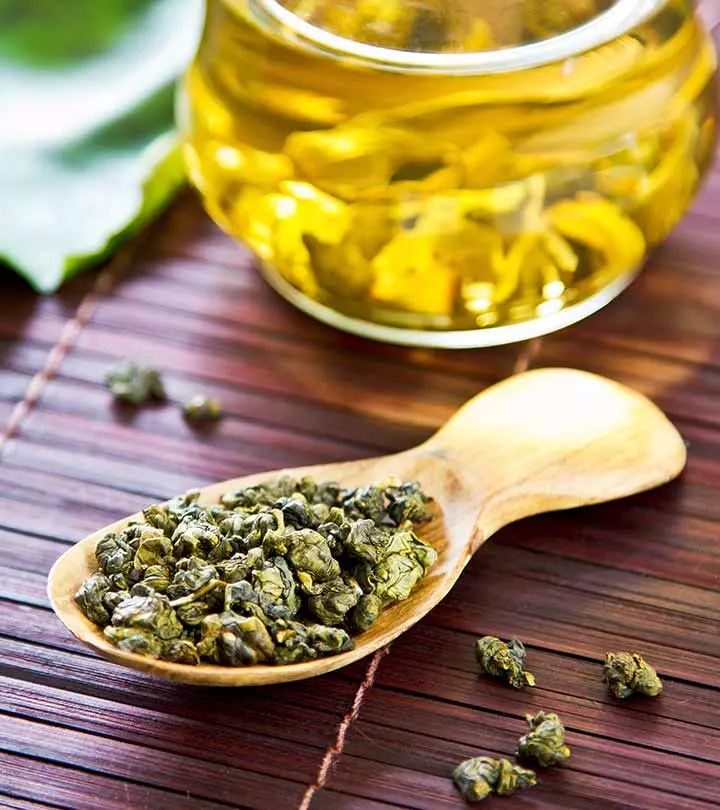
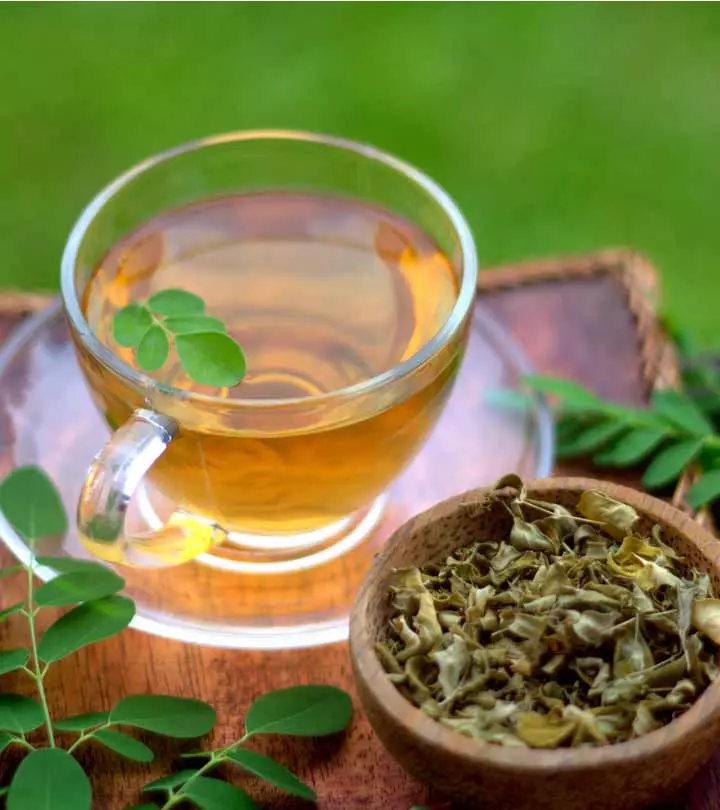
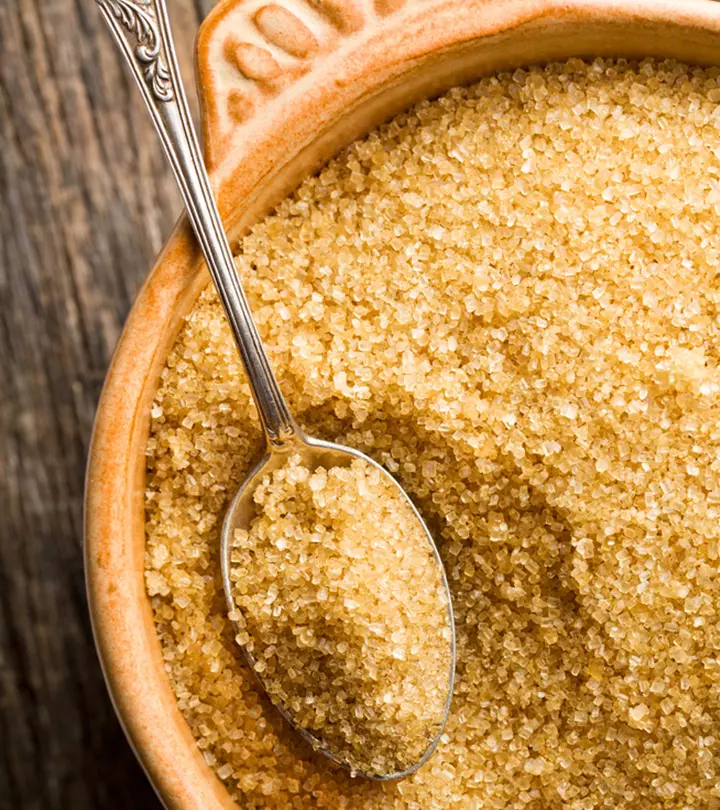
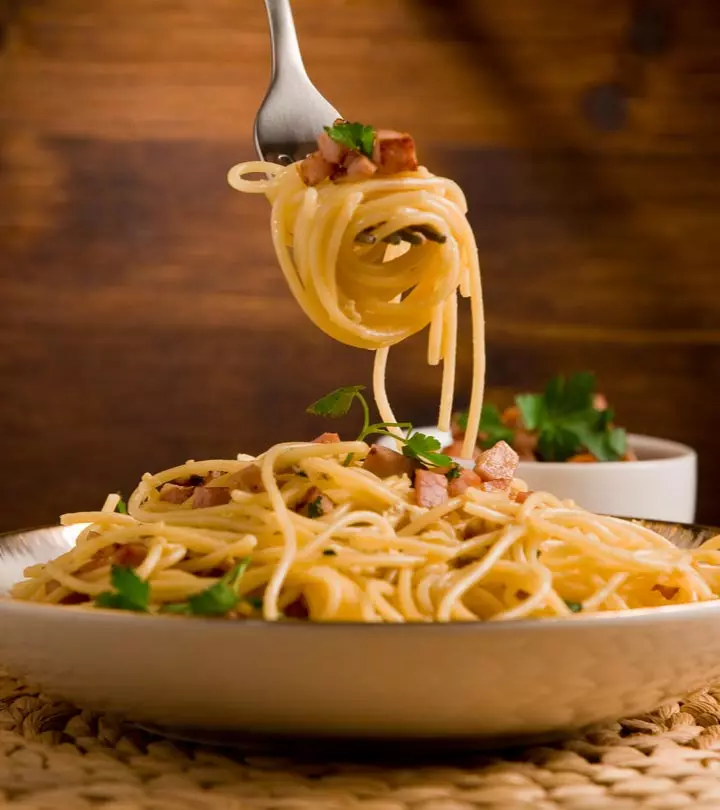
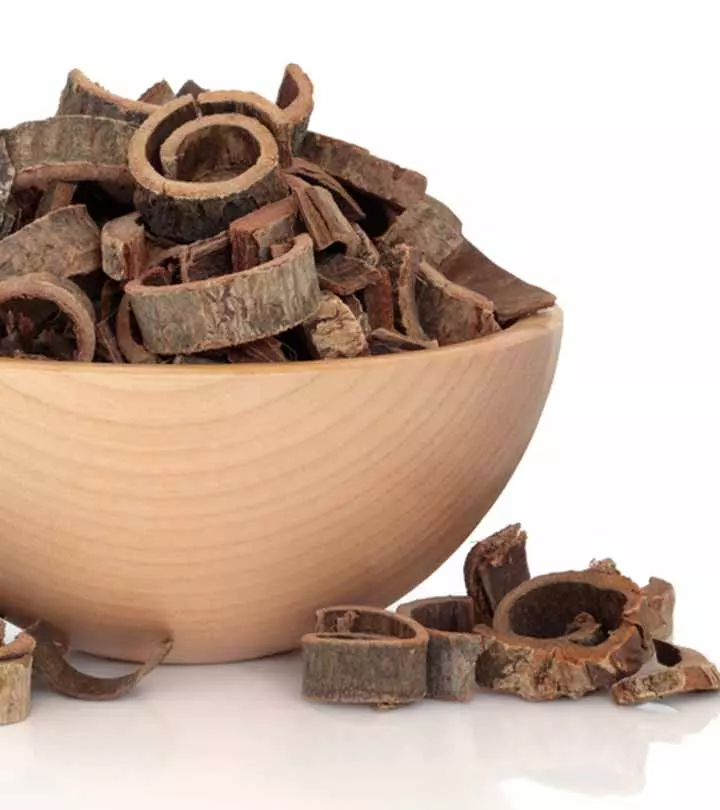
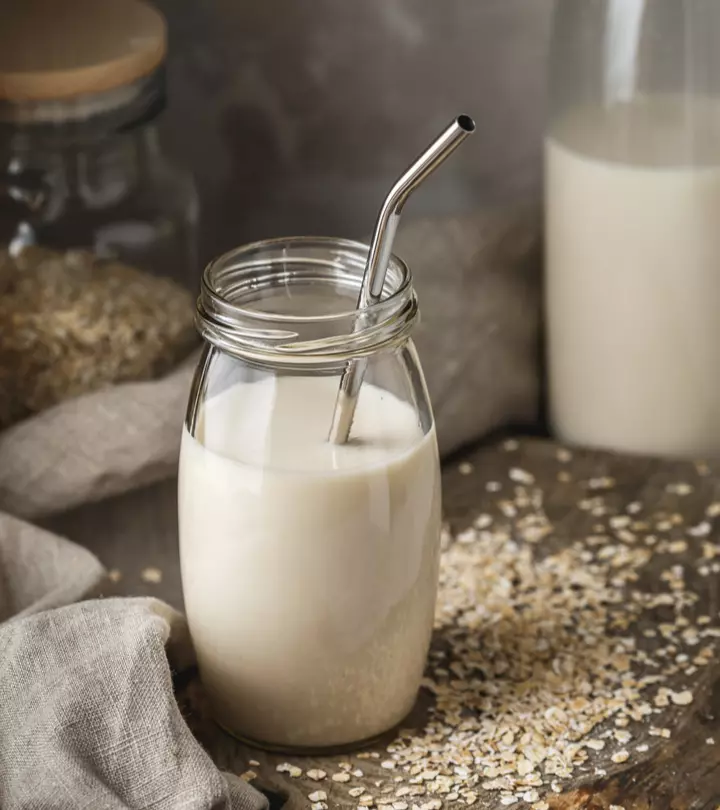
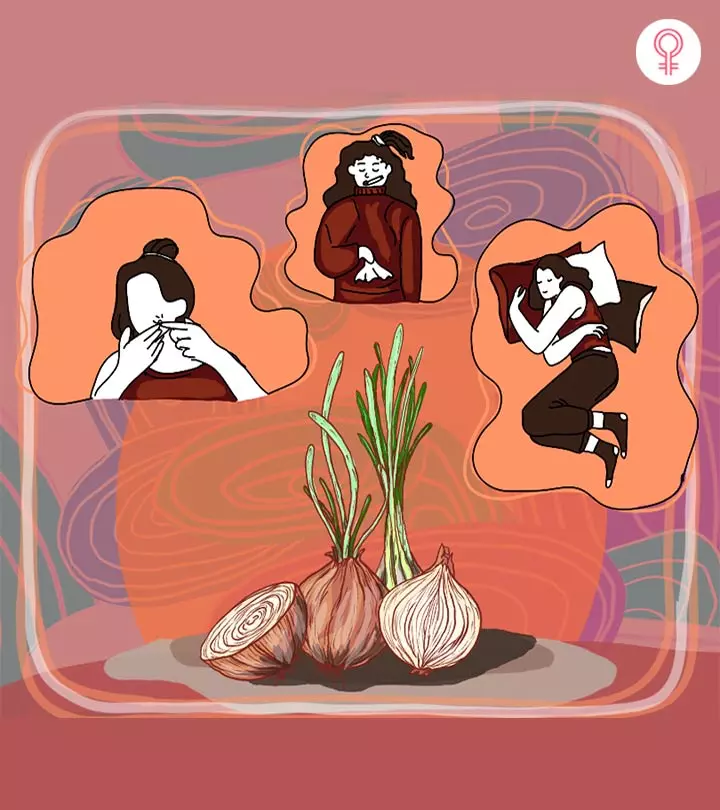
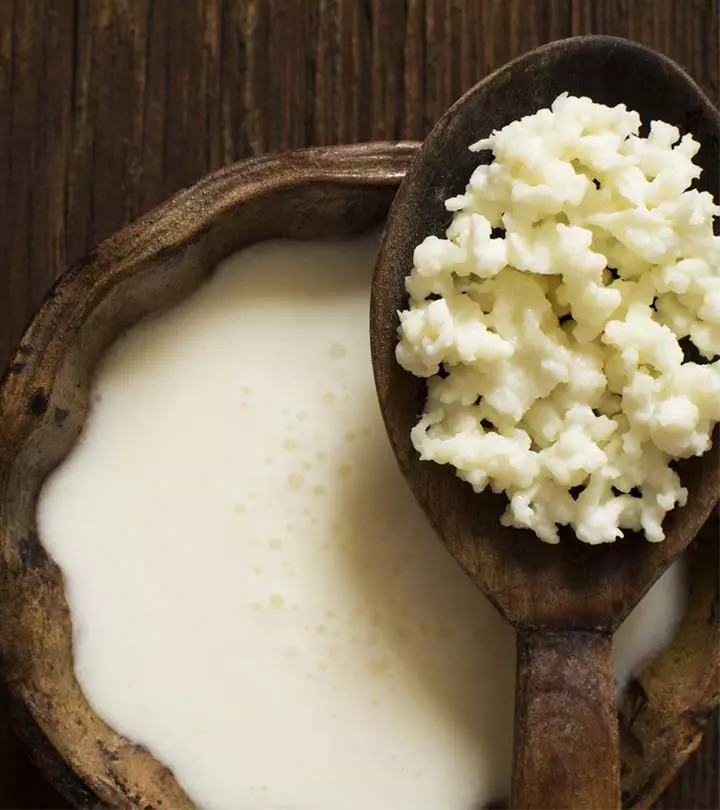
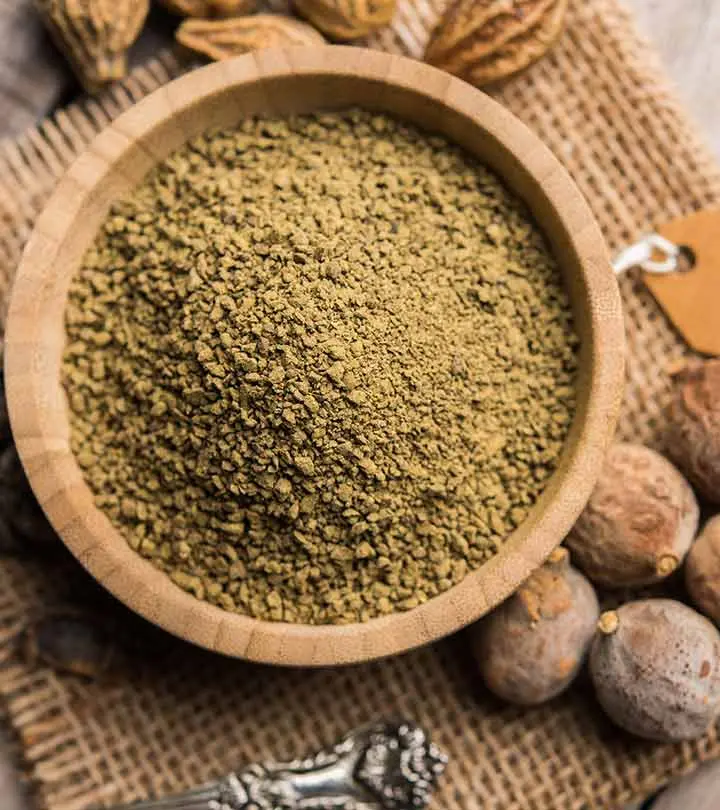
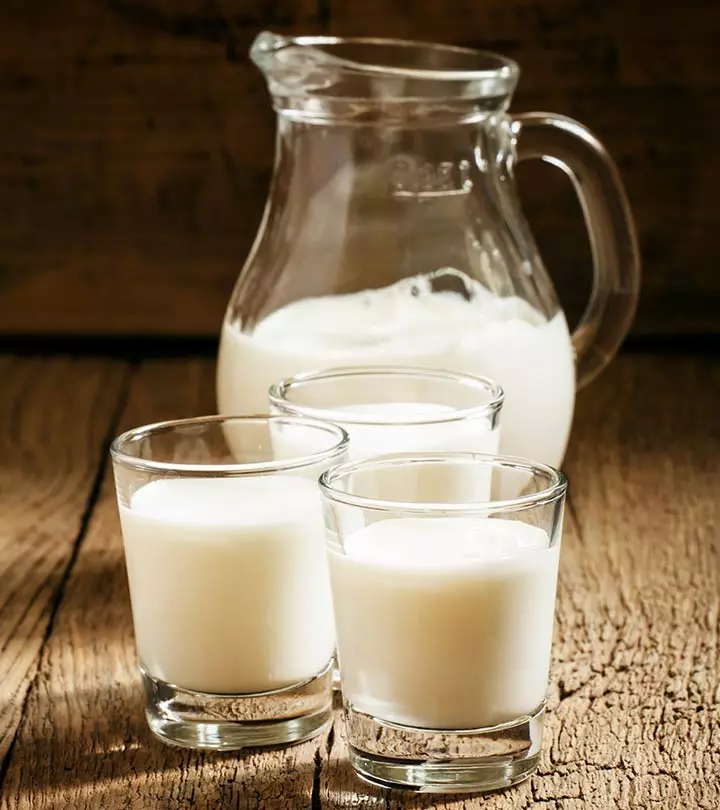
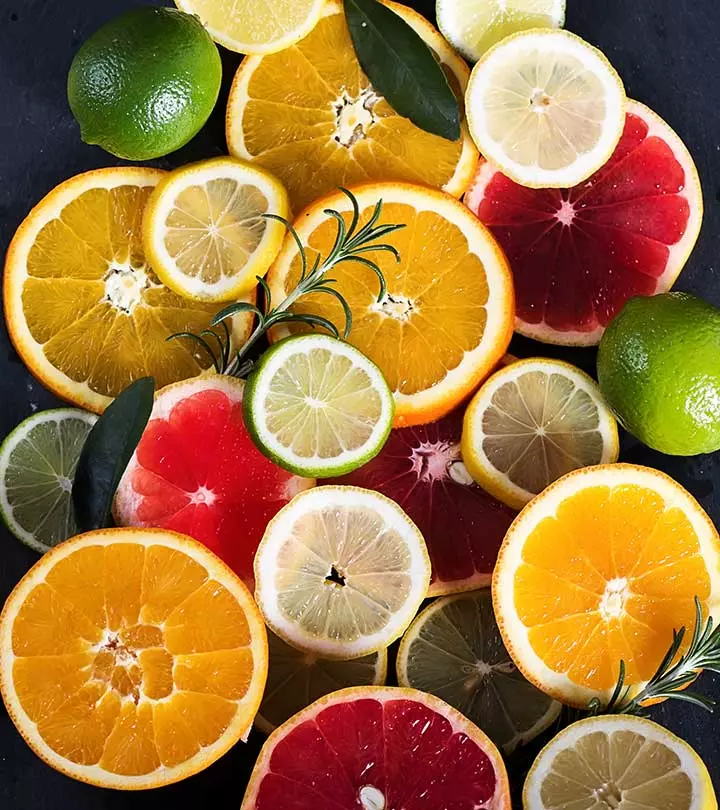
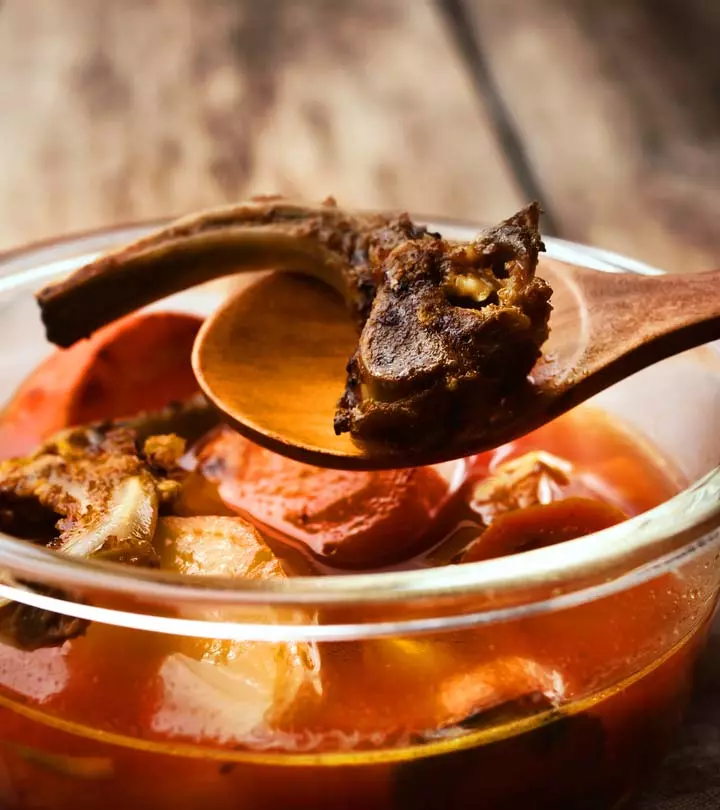
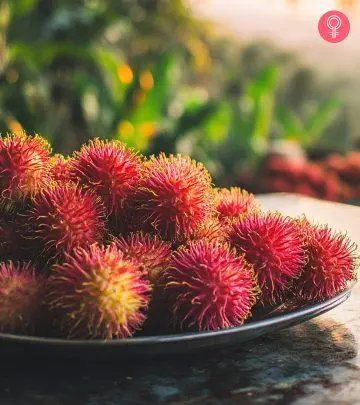
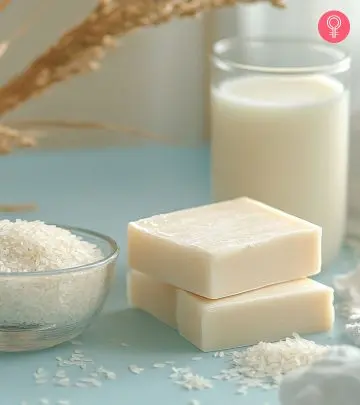
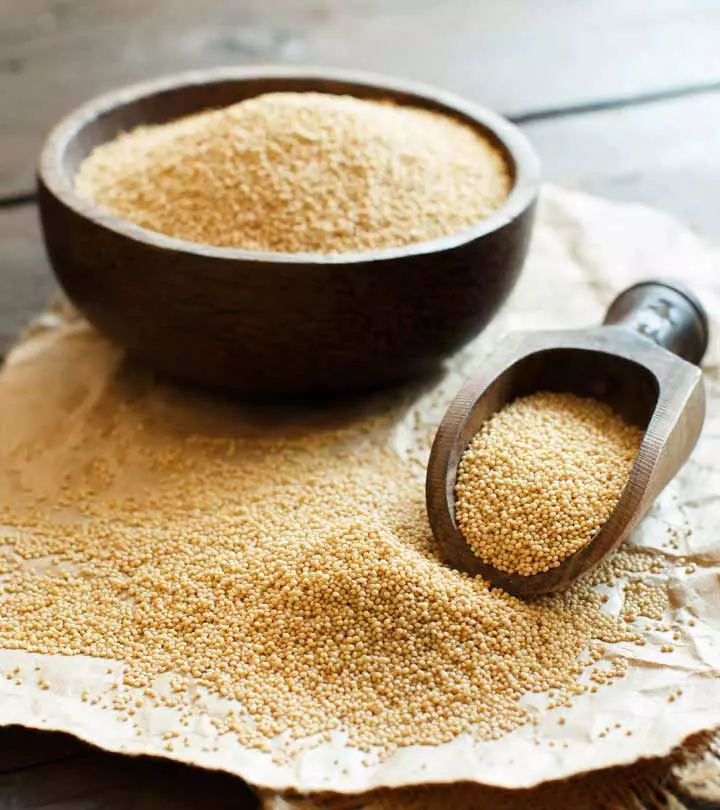

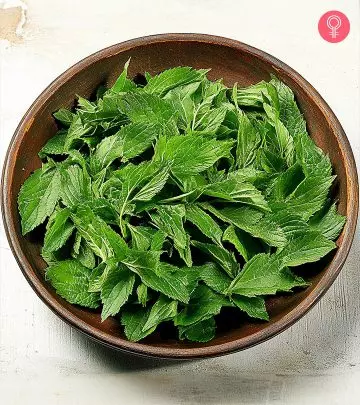
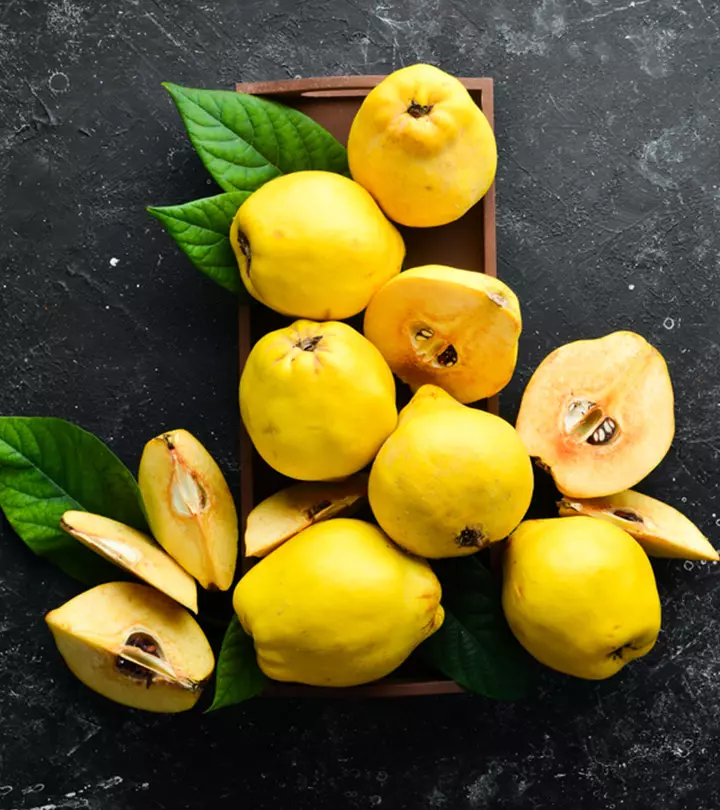
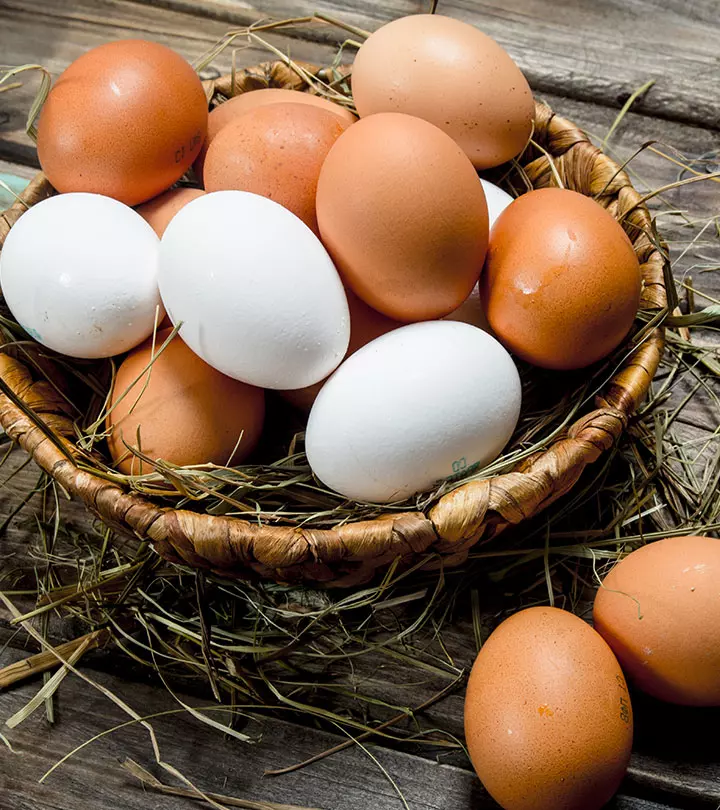
Community Experiences
Join the conversation and become a part of our empowering community! Share your stories, experiences, and insights to connect with other beauty, lifestyle, and health enthusiasts.